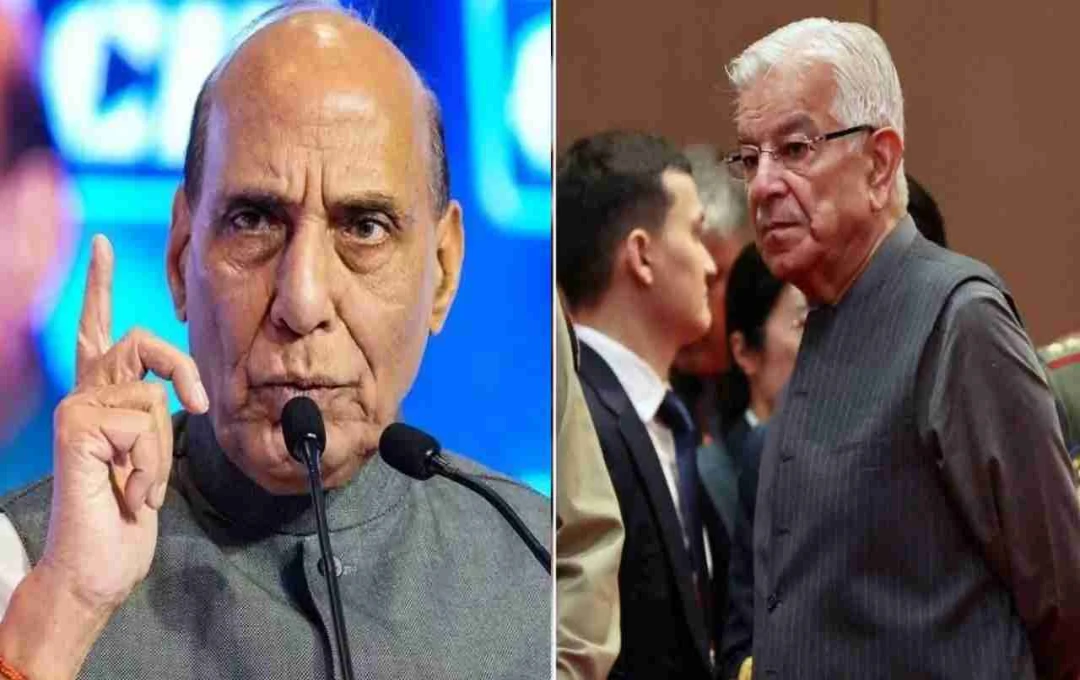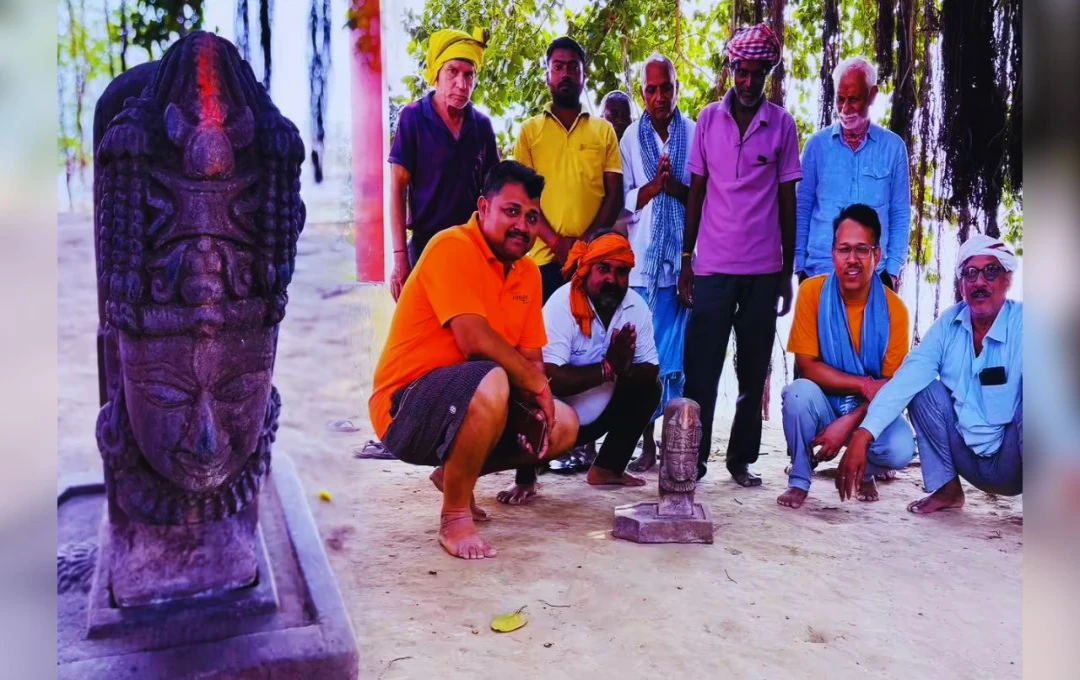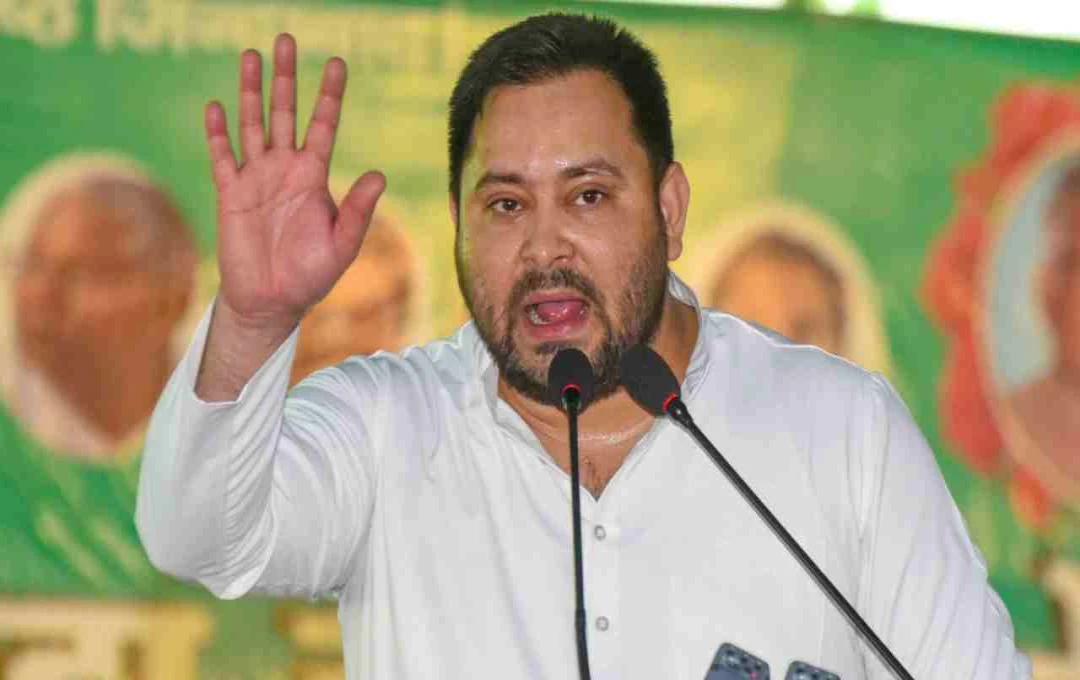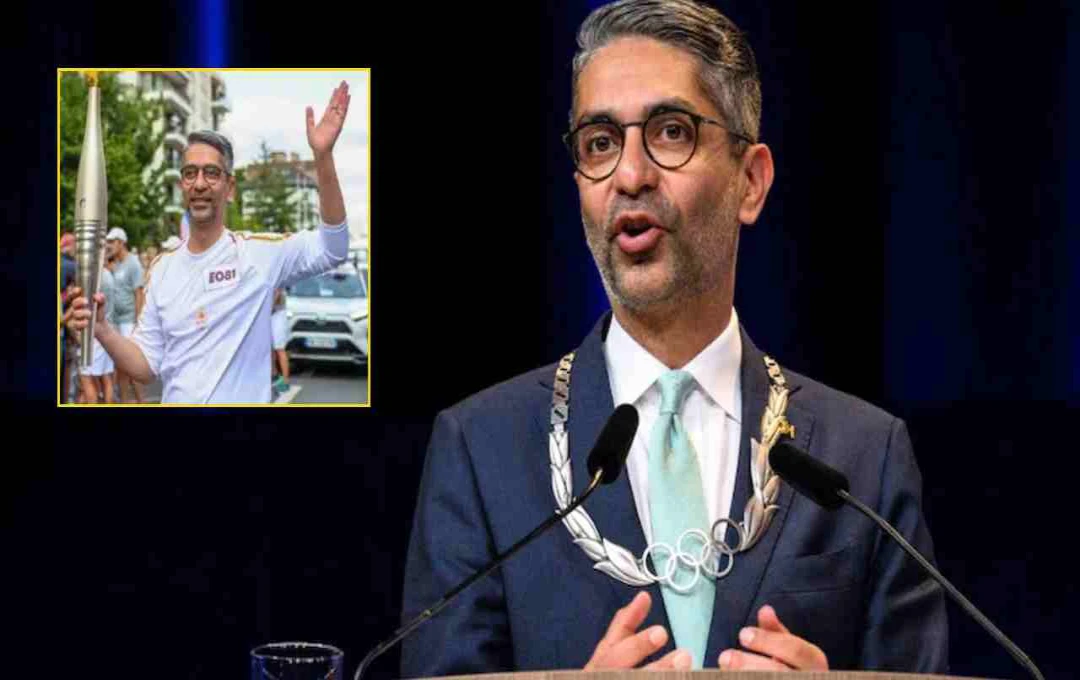During the SCO Summit in China, Defense Minister Rajnath Singh bly criticized Pakistan, taking a firm stance on terrorism. India refused to sign a joint statement, clarifying its policy.
SCO Summit: Defense Minister Rajnath Singh attended the Shanghai Cooperation Organization (SCO) meeting held in Qingdao, China. This was his first visit to China on military tensions along the Line of Actual Control (LAC) in eastern Ladakh. The crucial meeting involved discussions on serious issues such as terrorism, regional security, and international stability. Pakistan’s Defense Minister Khawaja Asif was also present at the meeting.
India’s Two-Point Message on Terrorism
During the meeting, Rajnath Singh clearly stated India’s firm stance against terrorism, emphasizing that India will never accept terrorism in any form. He cited the recent terrorist attack in Pangam, Jammu and Kashmir, noting that the “Resistance Front,” linked to Lashkar-e-Taiba, had claimed responsibility. The attack, which occurred on April 22, 2025, resulted in the deaths of 26 innocent people, including a Nepali citizen.
Operation Sundar and Warning to Pakistan
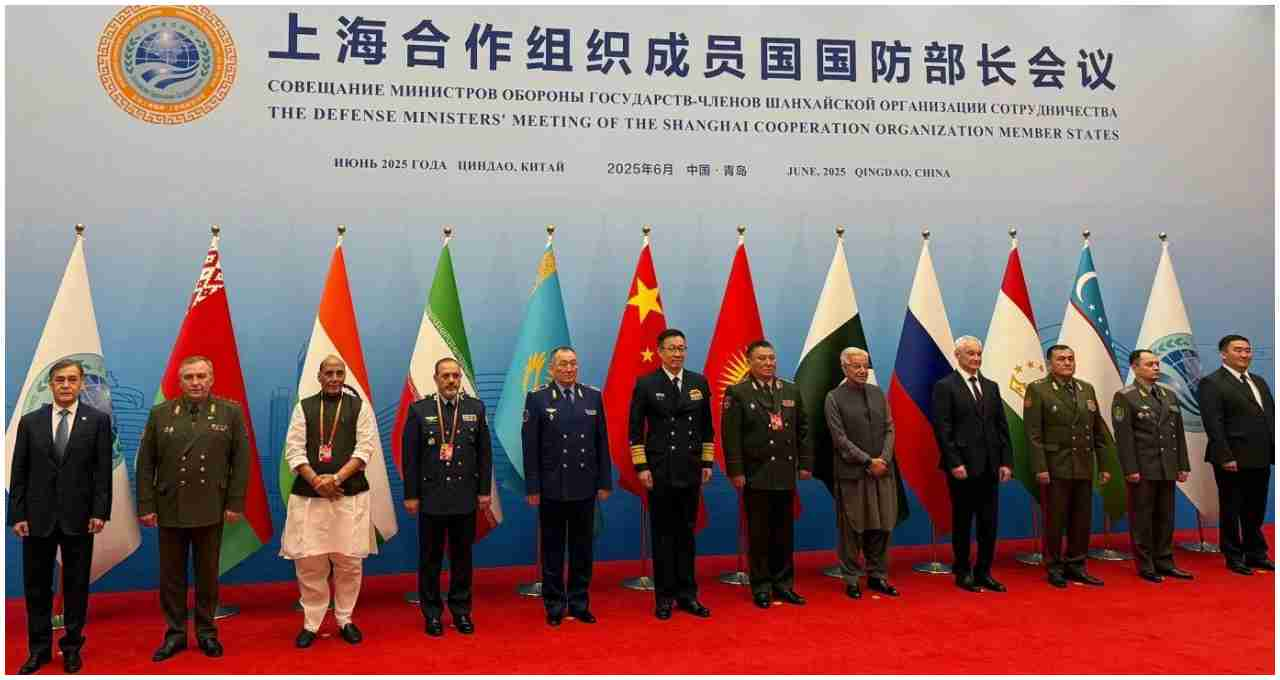
Rajnath Singh stated that the attack’s pattern mirrored previous attacks by Lashkar-e-Taiba. India launched Operation Sundar on May 7, 2025, exercising its right to self-defense, successfully destroying terrorist hideouts across the border. He added that India adheres to a zero-tolerance policy towards terrorism and that terrorist groups’ bases are now beyond India’s reach.
Refusal to Sign Joint Statement
Following the meeting, Rajnath Singh firmly refused to sign the jointly issued statement or protocol. The reason was that Pakistan and China were attempting to gloss over the issue of terrorism in the statement. Allowing this would have weakened India’s b stance. Consequently, no joint statement was issued from the meeting. There was no formal dialogue between Rajnath Singh and the Pakistani Defense Minister.
SCO as a Decisive Force Against Terrorism
The Defense Minister emphasized that the SCO should condemn countries that provide support to or use terrorism as a tool in their foreign policy. Countries sponsoring terrorism and exploiting it for their own interests must face the consequences. Terrorism, in any form, is entirely criminal and unacceptable.
Concerns Regarding WMDs and Non-State Actors
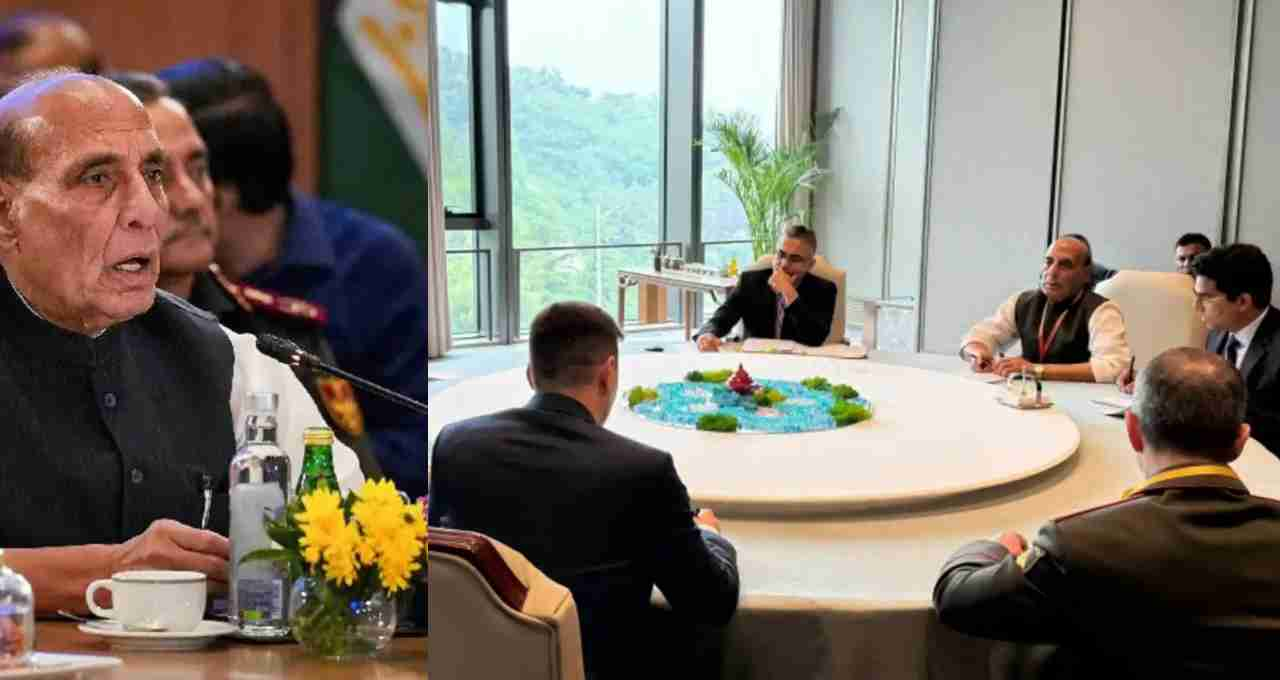
Rajnath Singh stated that the proliferation of Weapons of Mass Destruction (WMDs) into the hands of non-state actors poses a threat to humanity. He asserted that peace and prosperity cannot coexist with such dangers. Therefore, all countries must unite to counter the threats of terrorism and WMDs.
India’s Stance on Afghanistan
The Defense Minister highlighted India’s role in Afghanistan, stating that India has consistently supported Afghanistan’s peace and stability. India remains committed to its policy of providing humanitarian assistance to the Afghan people and contributing to the country’s reconstruction. India remains a reliable partner in capacity building and development projects in the country.
Connectivity and Regional Stability
Rajnath Singh linked regional stability and connectivity, stating that increased connectivity with Central Asia would not only boost trade but also strengthen mutual trust. However, he also emphasized that all efforts must adhere to the fundamental principles of the SCO Charter, including the respect for the sovereignty and territorial integrity of all member states.
Appeal for Global Cooperation
India clarified that no country, however powerful, can tackle global challenges alone. Global cooperation and multilateralism are the only way forward. Rajnath Singh, citing India’s ancient tradition – “Sarve Janah Sukhino Bhavantu” (meaning “May all beings be happy”) – emphasized that this very philosophy forms the foundation of global cooperation.
